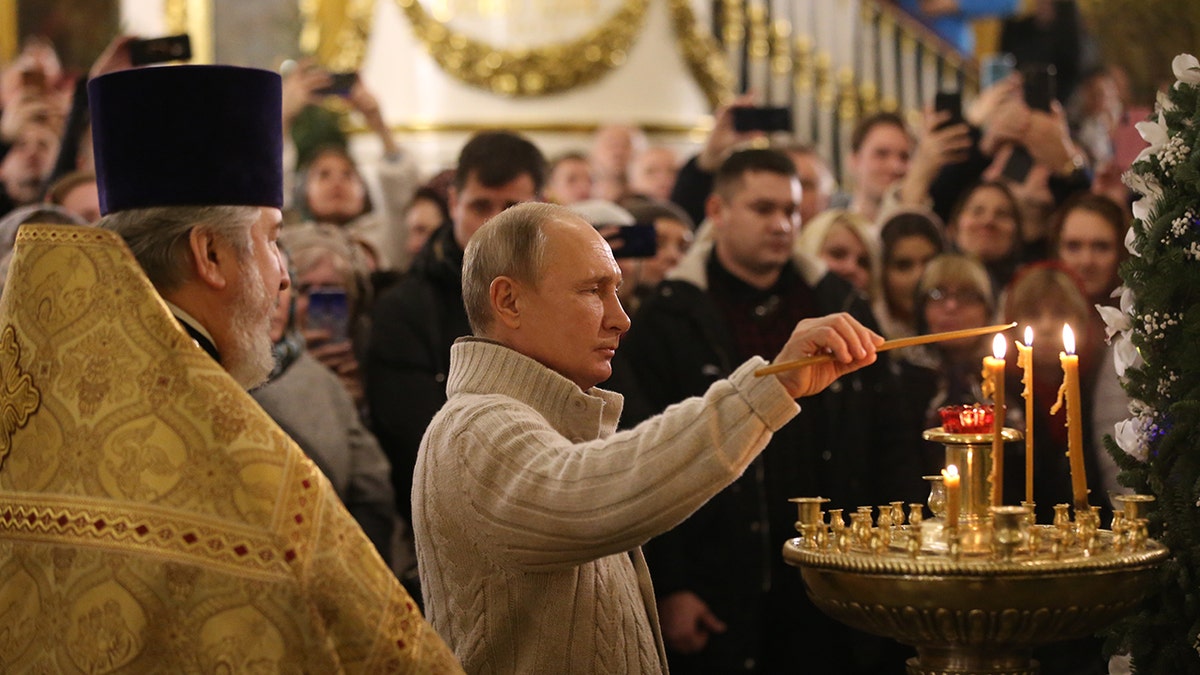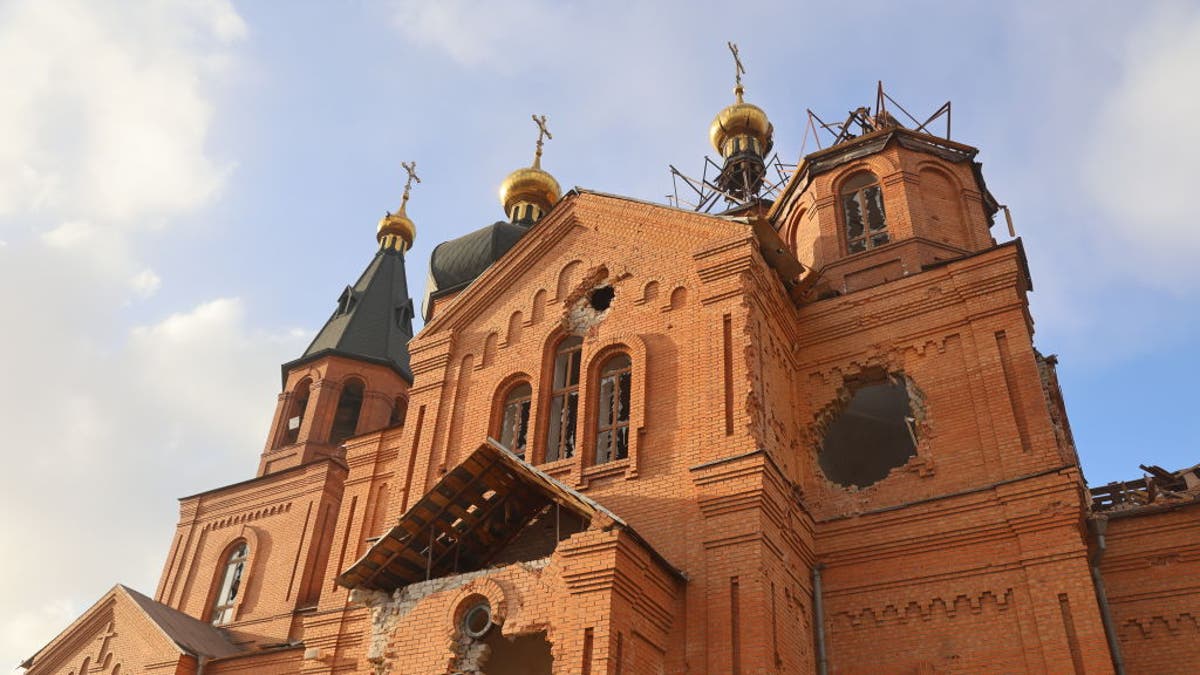While the global spotlight remains fixed on the military conflict in Ukraine, a less-publicized battle rages – a war against faith. Russia's aggression extends beyond territorial conquest, targeting religious institutions and individuals, particularly Christians, in a systematic campaign of persecution.
Reports indicate that hundreds of religious sites, including churches, theological schools, and sacred spaces, have been damaged, destroyed, or looted since the invasion began. Tragically, religious leaders have been killed, imprisoned, tortured, or have simply disappeared. The Ukrainian Christian Evangelical Church of the Holy Trinity in Mariupol serves as a chilling example. After forcibly removing the clergy, Russian troops occupied the church, effectively using it as a human shield.

Evangelical Christians are frequently branded as "American spies" and face severe threats. One account describes a Russian soldier telling a Christian worker that believers "should be completely destroyed" and threatened with being "buried alive." Pastor Mykhailo Britsyn's detention for providing humanitarian aid further illustrates the persecution faced by those who practice their faith.

Even sacred holidays are not exempt from violence. An attack on a church in Nikopol on Easter Sunday, which injured civilians, underscores the blatant disregard for religious freedom. The Institute for the Study of War (ISW) has characterized Russia's actions as a "cultural genocide campaign."

The Russian Orthodox Church (ROC), under Patriarch Kirill, has played a troubling role in this conflict. Its endorsement of the war and inflammatory rhetoric, often couched in religious terms, have fueled the violence. The ROC's ambition to extend its influence into occupied territories adds another layer to the complex dynamics at play.
The targeting of religious institutions, often "soft targets" with minimal security, serves a strategic purpose. These attacks aim to dismantle cultural identity, demoralize communities, and erase the spiritual values that unite them.
While the Kremlin claims to be "pro-Christian," its actions tell a different story. Religious freedom within Russia has been steadily eroding, with various religious minorities facing persecution. The U.S. State Department has designated Russia as a "Country of Particular Concern" for its ongoing violations of religious freedom.
The international community must hold Russia accountable for its assault on faith, just as it seeks justice for other war crimes. The protection of religious freedom, a fundamental human right, is crucial for the future of democracy and the safety of countless individuals.
Comments(0)
Top Comments